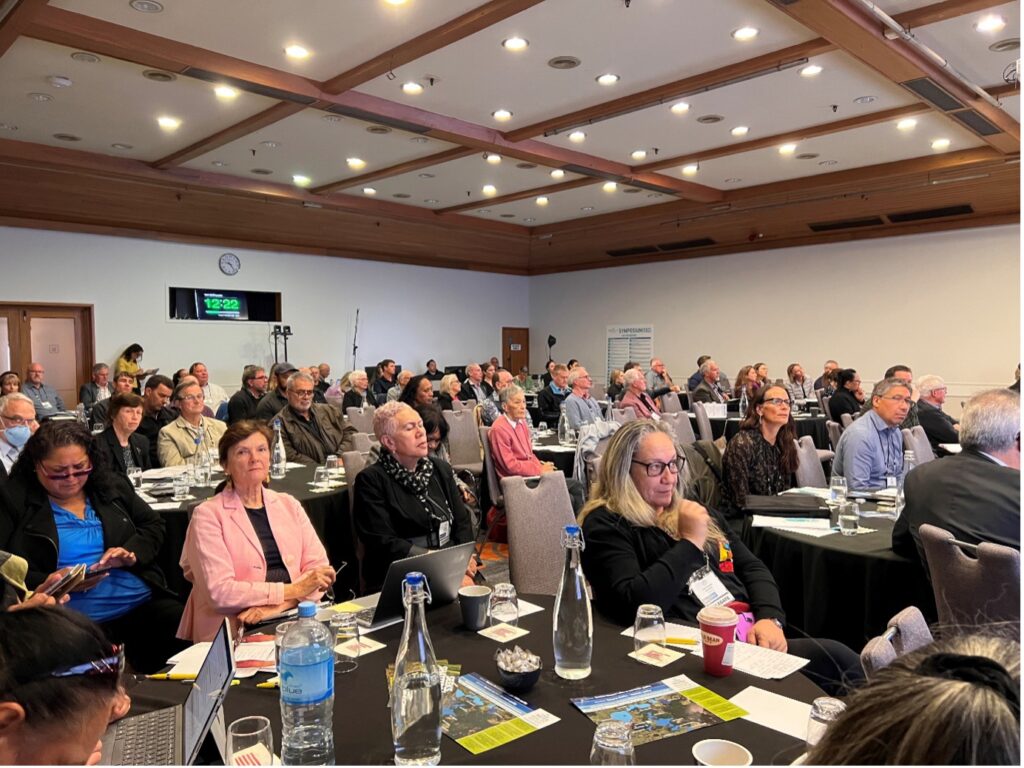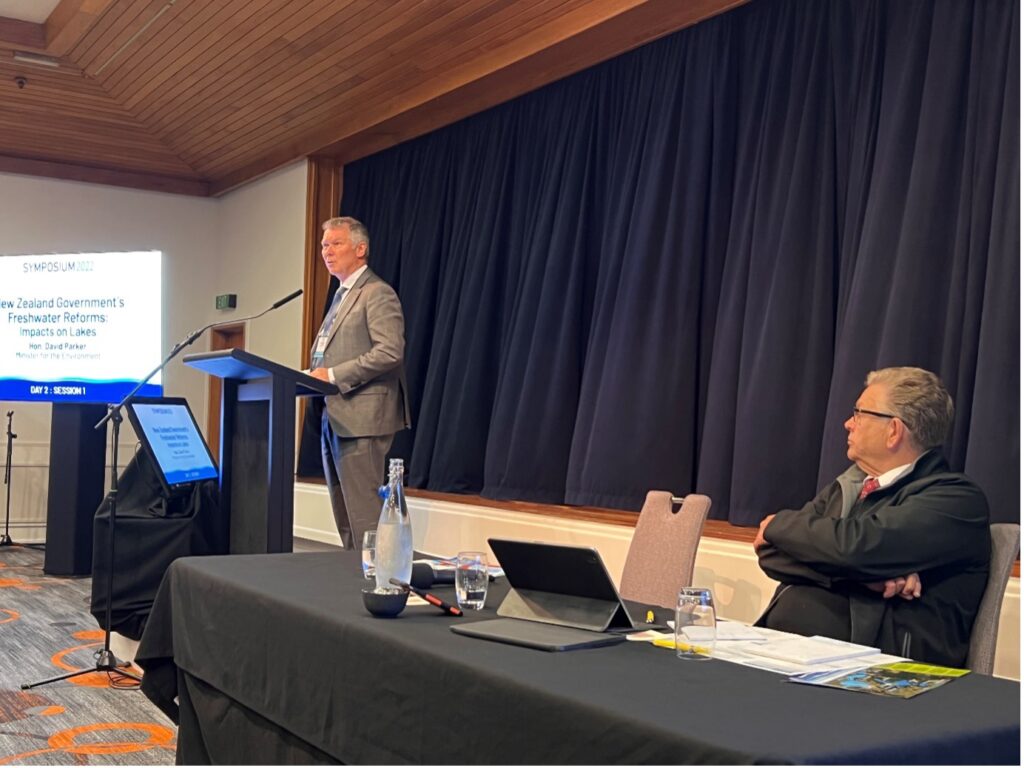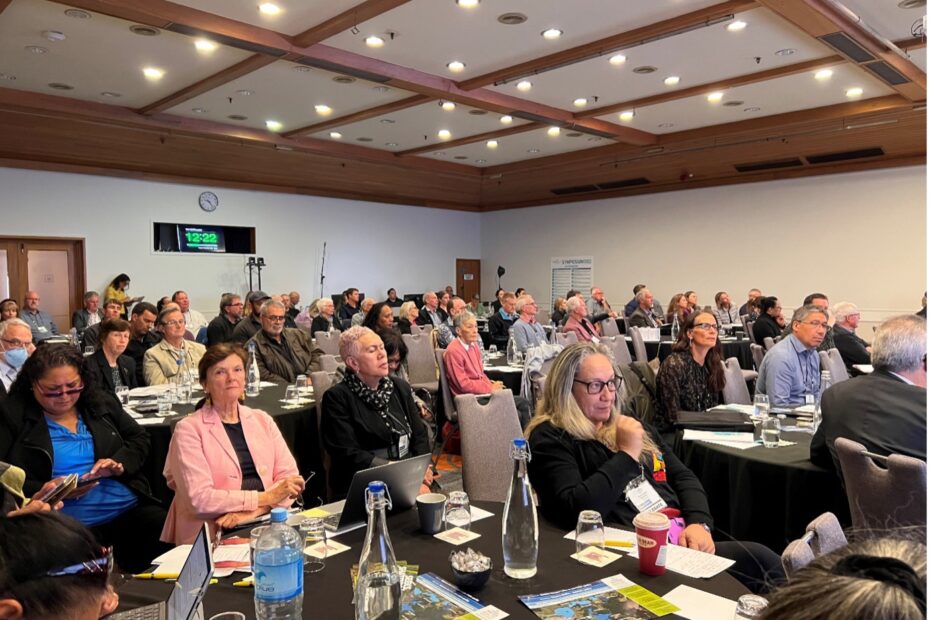In November 2022, The LakesWater Quality Society held its 12th Symposium, “Get on the Boat – Lake Restoration – Changes, Challenges and Maintaining Momentum,” after several postponements due to Covid.
Documents now provide an enduring record of all the research, planning and community effort that goes into protecting and restoring the Rotorua Te Arawa Lakes. When put as a series, they track progress and identify the next set of priorities for both the Society and the community to work on. Funding from Rotorua Trust contributed to facilitating the development and publication of the symposium proceedings.
The LWQS symposia are a critical component of the work of the LakesWater Quality Society. They bring to the attention the importance of the lakes, the economic value they contribute and that if we wish to continue to use them in the same manner, then looking after the water quality is an important role of the whole community.
Over the two-day format, 125 people attended, and the Society was overwhelmed with the response to the Symposium, both in terms of the willingness of presenters to give their time and knowledge to contribute and the level of attendance by symposium delegates. Topics covered the state of New Zealand’s freshwaters, legislative and policy changes related to water quality, enhancing biodiversity, meeting our restoration targets, climate change, impacts of land use change to forestry, and integrated catchment management and policy implementation.


Based on key messages throughout the Symposium, the Society has identified focus areas for the next few years, including continuing to reduce Nitrogen and phosphorus loads to the lakes, managing and preventing the spread of pest animals and plants, encouraging land use changes to occur in a manner that ensures that the quality of water entering the lakes is high. Lastly, a key focus area involves the whole community respecting and valuing the lake environments, acknowledging the contributions of all stakeholders, and that there is an ongoing process to restore the mauri of the lakes.
